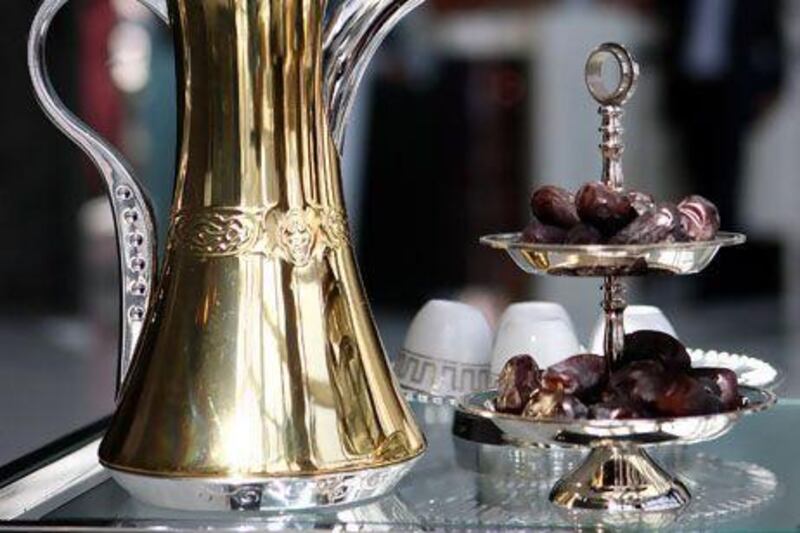While fasting is part of a healthy regimen for both the body and mind, during Ramadan your natural body cycle is challenged as you fast during daylight hours and eat as the sun goes down. This affects your metabolism, making iftar an overwhelming time for your digestion. The way you break your fast has the potential to make or break your overall health.
There are many health benefits of fasting that it's a shame if our iftars erode the positive effects.
The more we can do to make fasting easier for our systems, the more beautiful and lighter we will feel. Here are a few tips to help you feel good this Ramadan.
Honour tradition
Break your fast with dates. This prepares the digestive system and provides a sweet taste that satisfies you quickly without you having to eat too much.
Pace yourself
Once the sun goes down, eat slowly. This will give your brain time to register when you are full, so you will eat a lot less. It will also give your digestive system a fighting chance to properly process your food; this will support your metabolism and discourage weight gain.
Hydration
If you are dehydrated your body is literally shifting into survival mode. When the sun goes down, drink a couple of glasses of still water before eating and then continue to sip water throughout the evening. This will also regulate your appetite.
Limit sugar
Especially limit juices and fizzy drinks. The added sugars will send your blood sugar soaring and encourage weight gain. Your system gets flooded with sugar that quickly coverts to energy. If this goes unused, the number on the scales gets higher.
Choose wisely
When you are fasting the food you do eat is doubly important. Make healthy choices: grilled meats instead of fried, light sauces instead of creamy ones and limited portions of white rice and bread. Nutrient-dense foods are vital: fruits, vegetables, salads, nuts, seeds, lean proteins and whole grains.
Before the sun rises
Suhoor needs to give you sustainable energy. Choose complex carbohydrates to support your body's blood sugar and energy levels: oats, muesli, brown rice, quinoa, beans and lentils. Add some omega 3 such as flax, chia and sunflower seeds to provide a powerful source of energy to get you through to dusk.
Laura Holland is a well-being consultant and nutritional therapist. Visit www.beutifulyYou.co.uk






